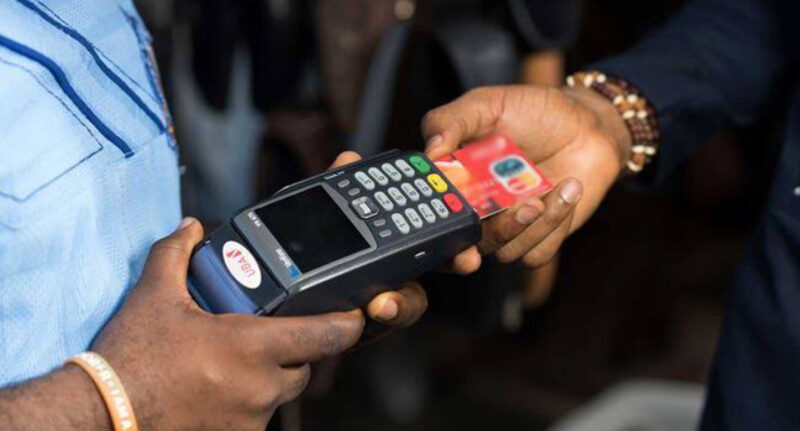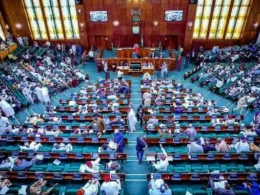Nigeria Sees Surge in Revenue from Electronic Money Transfer Levies
The Federal Government of Nigeria has reported a revenue generation of N103.7 billion from Electronic Money Transfer Levies (EMTL) in the first half of 2024. This figure represents a 7.55 percent increase from the N96.44 billion collected during the same timeframe in 2023, as highlighted by the Central Bank of Nigeria’s statistical bulletin. The rise in revenue underscores the growing adoption of digital payment platforms and a higher volume of electronic transactions as more Nigerians and businesses shift towards digital banking solutions.
The EMT levy, which was established under the Finance Act of 2020, modifies the Stamp Duty Act to take advantage of the expanding trend of electronic fund transfers in Nigeria. It imposes a one-time charge of N50 on electronic receipts or transfers of money deposited in any deposit money bank or financial institution, applicable for transactions of N10,000 or more.
In the early months of 2024, however, the revenue from EMTL fluctuated. January saw a substantial drop, generating N18.60 billion—a 26.57 percent decrease from N25.33 billion in January 2023. Nevertheless, February marked a recovery, with a 20.21 percent increase, lifting collections to N16.59 billion from N13.80 billion in February of the previous year. March continued on this upward trajectory, bringing in N18.60 billion, a remarkable growth of 53.41 percent compared to N12.13 billion in March 2023.
April’s collections stabilized at N15.37 billion, a slight increase of 1.85 percent over N15.09 billion in April 2023. May experienced a more significant rise, with revenue soaring to N18.78 billion, reflecting a 24.24 percent increase from May’s N15.12 billion in the previous year. Although June’s revenue dipped to N15.78 billion compared to May, it still showed a 5.40 percent rise from N14.97 billion in June 2023.
Additionally, a notable surge in electronic payment transactions was recorded, jumping by 86.44 percent to an impressive N566.39 trillion in the first half of 2024, up from N303.60 trillion in the same period last year, according to the Nigeria Inter-Bank Settlement System (NIBSS). The Nigeria Instant Payment (NIP), launched in 2011, has facilitated this growth by providing a real-time interbank payment platform that enables swift value transfers. Banks have expanded access to the NIP platform through multiple channels, including internet banking, mobile applications, USSD, ATMs, POS systems, and brick-and-mortar branches.
The increase in e-payment transactions can be attributed to the rising acceptance of digital payment systems by consumers and businesses, driven by their convenience and efficiency. In 2023, electronic payment transactions in Nigeria reached a record high, increasing by 55 percent to N600 trillion, up from N387 trillion in 2022.
However, as telecommunications companies across Africa ramp up their investments in mobile money, they face significant challenges from a surge in fraud, prompting urgent calls for enhanced security measures. According to the Global System for Mobile Communications Association’s “State of the Industry Report on Mobile Money 2023,” mobile money fraud in Africa surpassed $1 billion, raising concerns that ongoing security issues could hinder the growth of mobile money services.










Join our Channel...